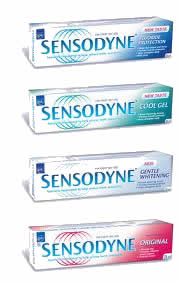LESSONS LEARNED FROM COLORECTAL MODEL OF TUMOURIGENESIS
Abstract
Genetic analytical techniques were carried out to identily mutations in adenomatous
polyposis coli (APC) gene and K-ras oncogene in colorectal tu mourigenesis. These two genes
aresaid to be early mutation genes among other mutation genes that constitute the model for
colorectal tumourigenesis. To do this analysis, DNA was isolated from colorectal formalin
fixed paraffin-embedded tumour tissue sections. The sections were deparaff~nised, digested
in proteinase-K, followed by DNA isolation. The DNA was a mplified by Polymerase Chain
Reaction (PCR), screened by using Denaturing Gradient C el Electrophoresis (DGGE) or
Single Strand Conformation Polymorphism (SSCP) and the] I sequenced. These results lend
support to the fact that colorectal cancer and indeed cancel, in general develops through a
multi-step process; also that accumulation of genetic mutatic Ins underlie the development of
neoplasia. We are in the process of extending this study to :ancer of oesophagus to see if a
similar or parallel model of carcinogenesis holds and in what sequence it is.
polyposis coli (APC) gene and K-ras oncogene in colorectal tu mourigenesis. These two genes
aresaid to be early mutation genes among other mutation genes that constitute the model for
colorectal tumourigenesis. To do this analysis, DNA was isolated from colorectal formalin
fixed paraffin-embedded tumour tissue sections. The sections were deparaff~nised, digested
in proteinase-K, followed by DNA isolation. The DNA was a mplified by Polymerase Chain
Reaction (PCR), screened by using Denaturing Gradient C el Electrophoresis (DGGE) or
Single Strand Conformation Polymorphism (SSCP) and the] I sequenced. These results lend
support to the fact that colorectal cancer and indeed cancel, in general develops through a
multi-step process; also that accumulation of genetic mutatic Ins underlie the development of
neoplasia. We are in the process of extending this study to :ancer of oesophagus to see if a
similar or parallel model of carcinogenesis holds and in what sequence it is.
Refbacks
- There are currently no refbacks.


